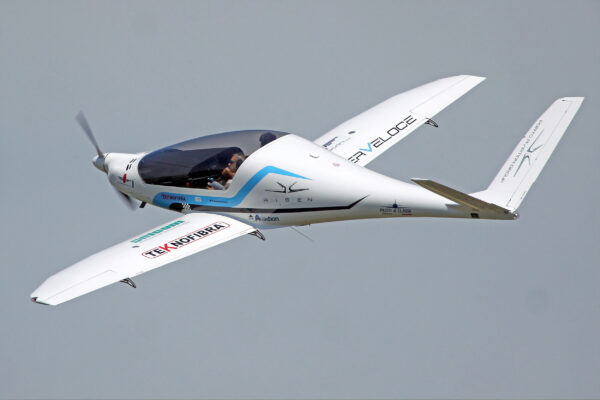If brevity is the soul of wit, then the aviation term ‘roger’ is pure genius. The one-word reply means a radio transmission – even a complicated one – has been received and understood. Roger isn’t the answer to a question in the way that ‘affirmative’ and ‘negative’ are. And pilots who say ‘roger’ aren’t tying themselves to any particular course of action.
If a controller says there’s turbulence ahead, or to expect a climb or descent, or that surface winds have shifted and take-offs and landings will be made on different runways, a thoughtful and considerate pilot will acknowledge such timely new information with a succinct ‘roger’.
But the word is much more than that.
An enthusiastic ‘Roger that!’ exclamation means, ‘Yes! I fully agree with you!’ A half-hearted ‘Rodge’ signals disappointment or reluctance. ‘I got your message, and it’s not exactly what I was hoping to hear’.
“Clear, timely communication helps avoid mistakes”
When delivered in a low growl, roger is synonymous with ‘shut up’. Or, ‘I heard you the first time, and you really ought to stop talking now’.
But lately, roger seems to have fallen from favour. Perhaps the word is too formal, too stodgy, or too colourless for today’s highly individualistic and expressive flight crews. I‘ve heard the following roger substitutes and they’re appalling.
Awesome. Got it. Gotcha. Bueno. Perfecto. Right on… ‘Right on’? Are you joking? Have we time travelled back to the hippie times?
‘Bueno’ and ‘perfecto’? After all the trouble our forebears went to in making English the international aviation standard, you actually want to sprinkle your radio communications with a few worldly sounding expressions from a language you don’t really speak? I so wish a bilingual controller had responded with a complicated, rapid-fire clearance delivered fully in Spanish, but they just let the matter drop.
‘Awesome’? The word is so overused as to have become devoid of all practical meaning. If the word awesome was suddenly stricken from the lexicon, young high school pupils would lose half their vocabulary and fully resort to grunts and hand gestures. And the time required for corporate Zoom meetings would be 30 minutes instead of an hour.
‘Got it’ and ‘gotcha’? These are precisely the kinds of imprecise terms that roger was meant to banish.
Do any of these ‘roger’ replacements offer real improvements?
Of course not. They’re too cute, too trendy, and too inflexible to be useful over the long term. Those who dabble in them now will surely be embarrassed next month or next year when such fashionable words of the moment fall out of favour. It’s the verbal equivalent of wearing disco clothes in the 1970s. It might have seemed like the right thing to do at the time, but now the photos are cringeworthy blackmail fodder.
The aviation origins of roger are murky, but it’s generally believed to have been born from an acronym: ‘received order given, expect results’. Fair enough.
Standard phraseology doesn’t inhibit pilots and controllers from lightening up and sharing some laughs on the frequency. I recently heard a Washington Centre controller embarrass his teenage daughter by asking the crew of an airliner on which she was travelling, to wish Isabella a happy birthday via the aeroplane’s public address system. Another controller near Charlotte, North Carolina, with a distinctive voice and lilting Southern accent, was recognised on frequency by a pilot he went to school with more than a decade prior. The banter was genuinely warm, friendly, surprising, and funny.
These exchanges are the polar opposite of the painful inanity that undisciplined knuckleheads habitually and spasmodically broadcast on the emergency frequency of 121.5. That situation appears to have improved over the last year with fewer regrettable transgressions.
Air traffic controllers, to their everlasting credit, seem to have stuck with standard phraseology no matter what – and doing so enhances their inherent clever mischievousness.
On a Boston Approach frequency one night, a caustic controller tongue lashed a Delta Air Lines crew for missing repeated radio calls. “Listen up, Delta,” the controller snapped. “I’m only going to say this once.”
Everyone on the frequency perked up, and the usual bored sloppiness of airline crews nearing the end of a tiring trip was replaced by crisp and attentive radio calls. it turned out the Delta flight was entirely fictional, made it up so that the controller could make an example of someone. A diabolical, but effective trick.
Punctuality is said to be the ‘courtesy of kings’.
To me, standard phraseology provides that kind of tonic for aviation. Clear and timely communication helps avoid mistakes and makes the entire system operate more smoothly. If that cramps your style or inhibits your self-expression, you’re not trying hard enough.
RV-4 pilot, ATP/CFII, specialising in tailwheel and aerobatic instruction
[email protected]







